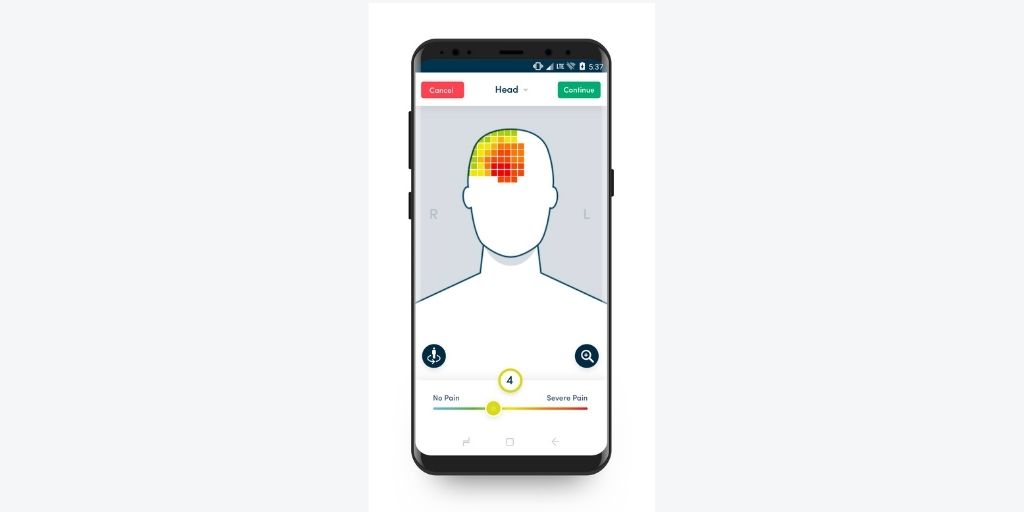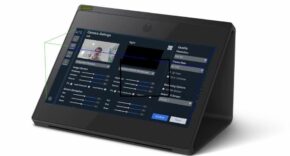
London, UK: uMotif, a leading eClinical platform provider powering patient-centric research, has joined up with researchers at The University of Manchester to investigate the real-world usability of its digital body mapping tool in a feasibility study in people living with musculoskeletal conditions. The University’s Manchester Digital Pain Manikin (MDPM) app has been developed by uMotif and utilises its body mapping technology, making it faster and easier for patients to accurately report the location of their pain to study teams via their smartphone. Findings from the study are shedding new light on how a digital body map can improve pain reporting, which in turn can enhance the support and care of individuals who experience long-term pain.
Despite chronic pain being common in patients diagnosed with conditions such as fibromyalgia, rheumatoid arthritis, and osteoarthritis, little is known about what causes the pain and how it should be managed. The design of uMotif’s body mapping technology implements an easy-to-use interface that enables people to quickly capture the location and intensity of their pain by drawing on a digital body map.
Data collection for The University of Manchester’s feasibility study is currently underway, with nearly 100 patients taking part through a decentralised and bring-your-own-device (BYOD) research design. A series of workshops have also taken place to gather user feedback and better understand the influence of ethnicity and cultural background on pain reporting behaviour. Future studies will focus on further evaluating the tool’s validity as a research-quality pain measurement instrument. It is anticipated that this opportunity will contribute to the technology becoming a new standard for how long-term pain can be measured, analysed, and reported.
“uMotif’s body mapping technology is an example of how we aim to innovate the capture of Patient Reported Outcomes by creating digital-first experiences for patients,” comments Ben James, uMotif’s Co-founder and Head of Human Centered Design. “Investigating the capabilities of the technology in partnership with The University of Manchester allows us to capture data that demonstrates the day-to-day usability of the tool, while providing much needed insight into how it can engage real patients across an ethnically diverse population.”
“We designed uMotif’s body mapping tool with a focus on patients,” said Sean McAlister, Product Designer at uMotif. “We want to provide a simple user experience so that all patient groups can easily comply with reporting requirements, regardless of any prior experience with these tools. By making it simple for patients to quickly demonstrate the location and intensity of their pain, we can significantly lower the burden of reporting data regularly.”
Dr Sabine van der Veer, who leads the Manchester Digital Pain Manikin study at The University of Manchester, said: “When it comes to digital pain reporting tools, you see a huge gap between tools that are publicly available and those published in academic journals. None of the publicly available ones have been validated, while the ‘academic’ ones seldom support data collection for decentralised studies. That’s why I’m really excited about our collaboration with uMotif. By working together, we are not just developing a robust and validated pain measurement tool, but also one that is usable and fit-for-purpose to support large scale mHealth studies.”
uMotif plans to expand its concepts in body mapping technology to other therapeutic areas, such as dermatology, in the future.











